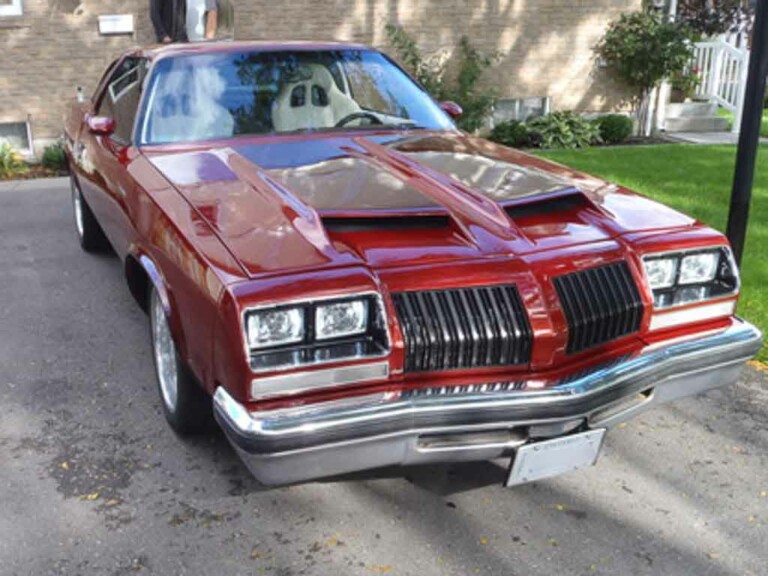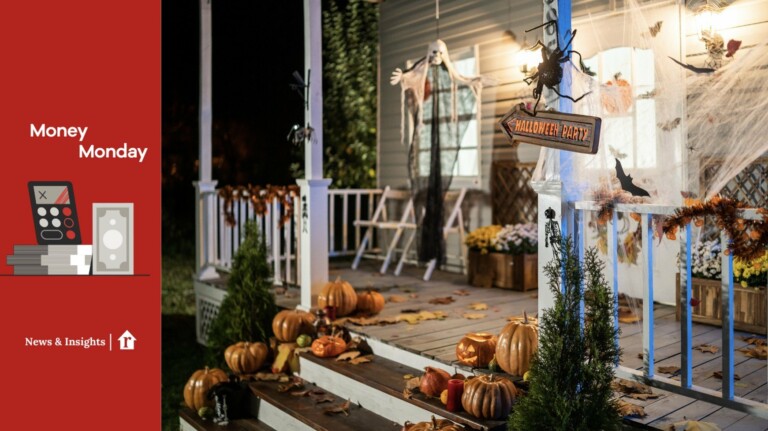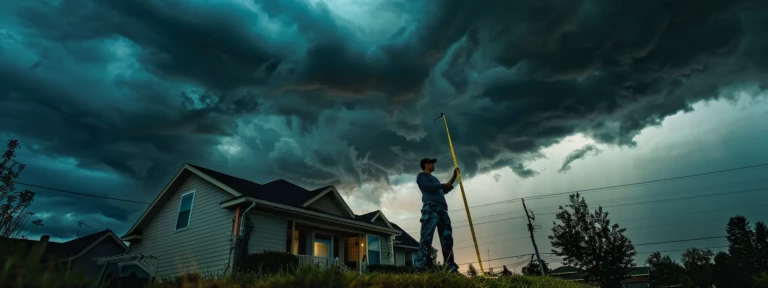How Much is Flood Insurance in Savannah GA: What to Expect
How Much Is Flood Insurance in Savannah, GA?
Flood insurance is a crucial consideration for homeowners and property owners in Savannah, GA, especially given the city’s vulnerability to coastal flooding from natural disasters like tropical storms and storm surges. In this comprehensive guide, we’ll delve into the details of flood insurance costs, factors affecting flood insurance premiums, and how to get the best coverage to protect your property in Savannah, GA.
Savannah Ga flood zones and Flood Insurance rate Maps
Understanding Flood Insurance in Savannah, GA
Savannah, with its rich history and coastal charm, is also a high-risk area for flooding. Flood insurance is designed to cover the damage caused by flood waters, which is not typically covered under a standard homeowner’s insurance policy.
Having been born in Savannah and spending my summers at Tybee Island, I witnessed firsthand the devastating effects of flooding. I remember how just an afternoon thunderstorm could turn streets like Wiltshire Blvd into rivers, causing significant damage to homes and properties.
What is the National Flood Insurance Program (NFIP)?
The National Flood Insurance Program (NFIP) is a federal program managed by the Federal Emergency Management Agency (FEMA). It provides flood insurance to property owners, renters, and businesses, and aims to reduce the impact of flooding on private and public structures. The NFIP offers two types of coverage: building coverage and contents coverage.
Factors Influencing Flood Insurance Rates
Several factors influence flood insurance rates in Savannah, GA:
1. Flood Zone Determination: While flood zones still determine where flood insurance is required, they no longer directly impact the insurance rates under the NFIP. Instead, rates are now based on individual property risk factors. Having lived near high-risk areas like Abercorn Blvd and Bull Street, I’ve seen the difference in flood risks firsthand.
2. Elevation Certificate: An Elevation Certificate provides information about the elevation of your property relative to the base flood elevation. Properties that are elevated above the base flood elevation typically have lower premiums.
3. Risk Rating 2.0: FEMA’s new Risk Rating 2.0 methodology uses a broader range of variables to assess flood risk, resulting in more accurate and personalized premium rates. For more detailed information, visit the NFIP Risk Rating for Single Family Homes
4. Coverage Limits: The amount of flood coverage you choose also affects your premiums. Higher coverage limits for building and contents insurance result in higher premiums for your Georgia flood insurance policy.
5. Flood Loss History: A Chatham county property’s history of flood losses significantly impacts its flood insurance rates and availability, particularly with private insurers. Repeated flood losses can lead to higher premiums and, in some cases, difficulty in securing private flood insurance. I’ve seen properties struggle to get affordable coverage due to past flood claims.
6. Replacement Cost: The cost to rebuild your property also influences the insurance rate. Higher replacement costs result in higher premiums, as the insurance would need to cover the full cost of rebuilding the property in the event of a total loss.
7. Distance to Water: Proximity to bodies of water like rivers, lakes, or the ocean can increase the risk of flooding, leading to higher premiums. Properties closer to water are more susceptible to flood damage, making it essential to consider this factor when purchasing flood insurance.
8. Claims Variable Factor: With the NFIP, back-to-back claims can affect your flood insurance renewal premiums. If your property has experienced multiple flood claims in a short period, the NFIP may adjust your rates to reflect the increased risk. This “claims variable factor” means that repeated claims can lead to higher renewal premiums, emphasizing the importance of mitigating flood risks and taking preventative measures.
Recent Flood Events and Their Impact on Insurance Rates
Savannah has experienced significant flooding events in recent years, highlighting the importance of having adequate flood insurance. In 2024, the city faced multiple flash floods and the devastating impact of Tropical Storm Debby.
– Flash Flood Events: Savannah experienced severe flash floods in 2024, with some areas receiving more than 10 inches of rain within a short period. This resulted in widespread flood damage, particularly in vulnerable neighborhoods like Abercorn Blvd and Bull Street.
– Tropical Storm Debby: Tropical Storm Debby brought heavy rainfall and storm surges, causing extensive flooding throughout Savannah. The storm dumped over 10 inches of rain in some areas, exacerbating flood risks and leading to a surge in flood insurance claims.
These recent events have underscored the necessity of flood insurance and may influence future flood insurance premiums due to the increased perceived risk. Being born in Savannah, I’ve seen how these storms could devastate entire neighborhoods, reinforcing my commitment to helping others secure the right flood insurance coverage.
Average Cost of Flood Insurance in Savannah, GA
The average cost of flood insurance in Savannah, GA typically ranges from $800 to $1,000 annually. However, property owners in high-risk areas can expect to pay more than those in low-risk areas based on the national average.
NFIP vs. Private Flood Insurance
1. National Flood Insurance Program (NFIP): The NFIP provides standardized rates based on individual property risk factors. Even if a property has experienced previous flood damage, it can still obtain coverage through the NFIP, although rates might be higher due to the increased risk. Notably, under FEMA’s Risk Rating 2.0, flood zones no longer directly impact flood insurance rates for NFIP policies. Instead, rates are calculated based on individual property risk factors, making the pricing more equitable.
2. Private Flood Insurance: Private flood insurance companies, on the other hand, often use their own risk assessment models and may offer more competitive rates for low-risk properties. However, they might deny coverage or charge significantly higher premiums for properties with a history of flood damage. Private insurers continue to consider flood zones heavily in their pricing models. This means properties in high-risk zones like Abercorn Blvd and Bull Street may face higher premiums or even difficulty securing coverage from private insurers.
– High-Risk Flood Zones: Properties in special flood hazard areas (SFHAs) like Tybee Island and coastal areas may see premiums ranging from $1,000 to $2,000 annually.
– Low-Risk Areas: In low-risk areas, such as certain parts of Wilmington Island, premiums might be lower, often ranging between $300 and $700 annually. it is important to remember that even low risk areas can flood.
Getting a Flood Insurance Quote
To get an accurate flood insurance quote, it’s essential to work with an experienced insurance agent or agency. They can help you understand how much flood insurance you need, flood zone, assess your property’s specific risk factors, and determine the appropriate amount of coverage. The last thing you want is cheap flood insurance that will not cover a claim.
1. Access to Multiple Carriers: Ensure your insurance agent has access to at least five different private flood insurance carriers. This variety allows for a more comprehensive comparison of rates and coverage options.
2. NFIP Direct: If you are in a non-participating community or have a severe repetitive loss property, an agent with access to NFIP Direct can help you get the necessary coverage.
3. Write Your Own Carriers: Agents working with Write Your Own (WYO) carriers can offer NFIP policies under their branding, providing more flexibility and customer service options.
Importance of Flood Insurance
Flood insurance is vital for protecting your property from flood damage. Here’s why:
– Flood Damage: Even an inch of water can cause significant damage, costing thousands of dollars in repairs. I’ve seen firsthand how quickly water can rise and the extensive damage it can cause.
– Natural Disasters: Savannah’s vulnerability to tropical storms and storm surges makes flood insurance a good idea.
– Federal Government Requirements: If your property is in a high-risk area and you have a mortgage from a federally regulated lender, you are required to purchase flood insurance.
– Investment Protection: Flood insurance protects your investment, ensuring that flood damage does not lead to financial ruin.
My Personal Experience with Flooding in Savannah
As someone who was born in Savannah and spent my summers at Tybee Island as a kid, I have a deep understanding of the flood risks in our area. I’ve seen firsthand how just an afternoon thunderstorm can cause major damage, turning streets into rivers and flooding homes. I vividly remember seeing significant flooding on Wiltshire Blvd during heavy rains, with water levels rising quickly and causing extensive damage to homes and properties. This personal connection drives my commitment to helping others protect their properties with the right flood insurance.
Additional Coverage Options
In addition to standard NFIP policies, consider private flood insurance for higher coverage limits and additional coverage options such as:
– Living Expenses: Coverage for temporary housing if your home is uninhabitable due to flood damage.
– Replacement Cost: Coverage that pays to replace damaged property without depreciation.
How to Purchase Flood Insurance
1. Contact an Insurance Agent: Work with a local insurance expert to determine your coverage needs.
2. Get Quotes: Request quotes from multiple insurance providers to compare rates and coverage options.
3. Evaluate Coverage: Ensure that the coverage limits meet your needs for both building and contents coverage.
4. Review FEMA Flood Maps: Understand your flood zone and base flood elevation to make informed decisions.
Flood insurance is essential for homeowners and property owners in Savannah, GA. By understanding the factors that influence flood insurance rates, evaluating your coverage options, and working with experienced insurance agents, you can secure the best protection for your property. Whether you live in a high-risk flood zone or a low-risk area, flood insurance provides peace of mind and financial security against the unpredictable nature of flood events. Protect your property today with the right flood insurance coverage.
If you’re in Savannah, GA, and need flood insurance, contact our experienced insurance agents today to get a personalized flood insurance quote and protect your home from flood damage. Don’t wait until it’s too late – secure your property with comprehensive flood insurance coverage now.
FAQ
Does my homeowners insurance policy cover flood damage? Typically home insurance does not cover flood damage
Where can I find out more about flood insurance? You can download the guide to flood insurance below
How do I find out if I live in a high-risk flood area? You can use this flood risk assessment
Does auto insurance cover flood damage? Auto insurance may cover flood damage to your vehicle depending on what coverages you have.
Where can I find my property’s flood history? You contact FEMA directly to get a copy of flood losses on your property
Information contained on this page is provided by an independent third-party content provider. This website make no warranties or representations in connection therewith. If you are affiliated with this page and would like it removed please contact editor @producerpress.com








